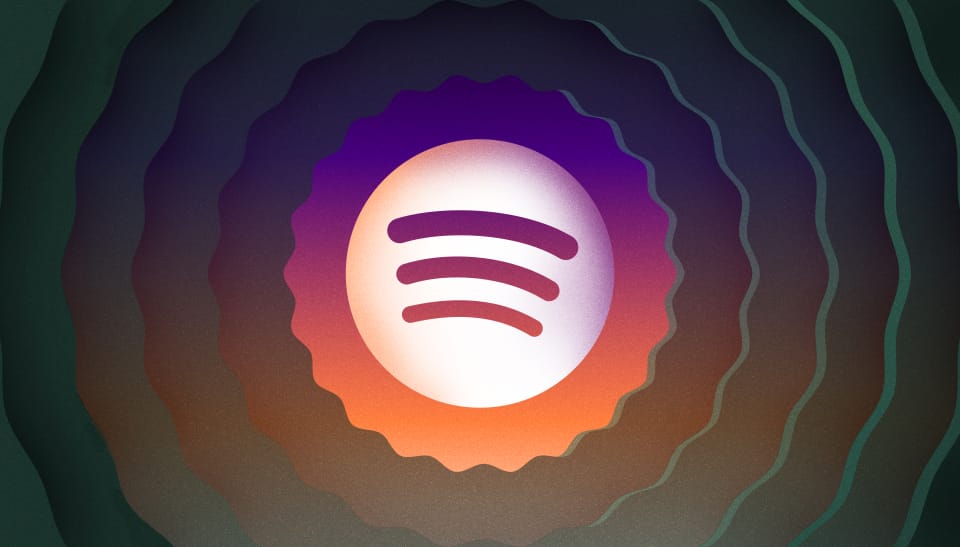It's no secret that us here at The Needle Drop are not big fans of AI working its gnarled code into music and entertainment. With public discourse surrounding generative AI at an all-time high, Spotify announced several policy changes to its platform in an effort to protect against the generative slop.
New policy changes include improved enforcement of deepfakes and other impersonation violations, a new spam filtering system, and AI disclosure for music with industry-standard credits, according to a press release on Spotify's website:
"We’ve invested massively in fighting spam over the past decade. In fact, in the past 12 months alone, a period marked by the explosion of generative AI tools, we’ve removed over 75 million spammy tracks from Spotify."
The world's largest music streamer introduced a new impersonation policy to clarify how it handles claims over unauthorized vocal impersonations. It is also testing a new prevention tactic with leading artist distributors like CD Baby and DistroKid to stop fraudulent AI slop from appearing in the discographies of real artists.
Later this fall, Spotify plans to slowly roll out a new music spam filter, which is said to identify uploaders and tracks that engage in the shifty behavior described above, tag them, and stop recommending them in their playlists and algorithms.
The company also announced it is developing a new industry standard for AI disclosures in music credits, which will be displayed across Spotify, whether it's AI-generated vocals, instrumentation, or post-production.
Distributors involved are said to include Amuse, AudioSalad, Believe, CD Baby, DistroKid, Downtown Artist & Label Services, EMPIRE, Encoding Management Service – EMS GmbH, FUGA, IDOL, Kontor New Media, Labelcamp, NueMeta, Revelator, RouteNote, SonoSuite, Soundrop, and Supply Chain.
In a press briefing Wednesday, Spotify VP and Global Head of Music Product Charlie Hellman said, via Variety:
“I want to be clear about one thing: We’re not here to punish artists for using AI authentically and responsibly. We hope that they will enable them to be more creative than ever ... But we are here to stop the bad actors who are gaming the system. And we can only benefit from all that good side if we aggressively protect against the bad side.”
More information can be found on Spotify's website here.




What do you think?
Show comments / Leave a comment